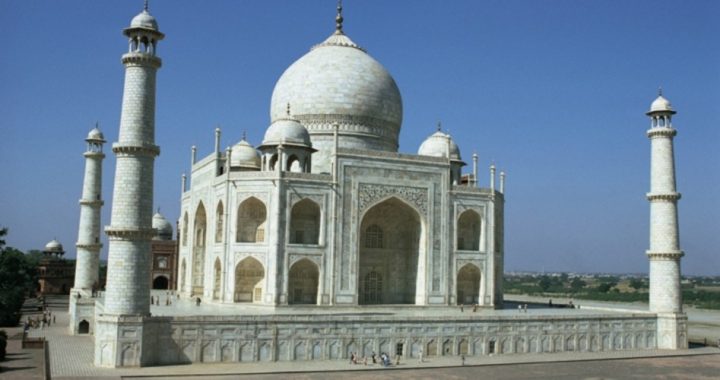
India’s Supreme Court has overturned a four-year-old lower court ruling that had decriminalized homosexual behavior. A law dating to 1861 and British rule in India is still on the books, reading that “whoever voluntarily has carnal intercourse against the order of nature with any man, woman or animal” can face a 10-year prison sentence. In 2009, New Delhi’s High Court ruled that the measure was a violation of fundamental human rights and dropped it. But on December 12 India’s Supreme Court overturned that decision, ruling that only lawmakers and not the courts could change the colonial-era law.
“It is up to parliament to legislate on this issue,” said Supreme Court Justice G.S. Singhvi. “The legislature must consider deleting this provision from law as per the recommendations of the attorney general.”
The New York Times reported that there is “almost no chance that Parliament will act where the Supreme Court did not, advocates and opponents of the law agreed. With the Bharatiya Janata Party, a conservative Hindu nationalist group, appearing in ascendancy before national elections in the spring, the prospect of any legislative change in the next few years is highly unlikely, analysts said.”
The ruling infuriated homosexual activists, who consider laws governing morality obstacles to the normalization of their behavior. “This is a very sad day for us,” said Ashok Row Kavi of the pro-homosexual group Husafar Trust. “We are back to square one in our fight for the democratic rights of the gay community.”
Arvind Narrain, an attorney for the Alternative Law Forum, said the ruling “was totally unexpected from the top court. It is a black day. We are very angry about this regressive decision of the court.”
Similarly, G Ananthapadmanabhan of Amnesty International India called the decision a “body-blow to people’s rights to equality, privacy, and dignity. It is hard not to feel let down by this judgement, which has taken India back several years in its commitment to protect basic rights.”
Anand Grover of the group NAZ Foundation, which had argued before the Supreme Court in favor of dropping the law, said that “we feel very let down.” He added, however, that “our fight is not over and we will continue to fight for the constitutional right.”
An alliance of conservative groups in India were behind the challenge to the lower court ruling, and these groups applauded the action of the Supreme Court. Amod Kanth, head of the Prayas organization for children’s welfare, applauded the ruling, noting that criminalizing homosexual behavior was crucial to protecting children and Indian families. “Only a man and a woman constitute a family and contribute for the holistic development of a child, which is not possible without a father and a mother,” Kanth told the Indian press.
Zafaryab Jilani of the All India Muslim Personal Law Board, told the BBC that the Supreme Court ruling “has upheld the century-old traditions of India,” adding that “the court is not suppressing any citizen. Instead it is [re-enforcing] the beliefs and values of the large majority of the country.”
S.Q.R. Ilyas, another member of the Muslim group, said that homosexual relationships “are unethical as well as unnatural. They create problems in society, both moral and social. This is a sin as far as Islam is concerned.”
Similarly, Prakash Sharma, a spokesman for the conservative Hindu group Vishwa Hindu Parishad, said that “a few thousand people who claim to be homosexuals cannot dictate rules for the majority. They cannot decide what is right and what is wrong.”
The New York Times claimed that “India has a rich history of eunuchs and transgender people who serve critical roles in important social functions and whose blessings are eagerly sought.” Nonetheless, the liberal news organ conceded, “Indians are in the main deeply conservative about issues of sexuality and personal morality. National surveys show that Indians widely disapprove of homosexuality and, on average, have few sexual partners throughout their lives.”
Responding to the ruling, Ejaz Maqbool, an attorney representing conservative religious groups in the case, told reporters that “all religious communities — Muslims, Christians, Hindus — had said that this was unnatural sex. Today, the Supreme Court held that the earlier judgment was wrong. Tomorrow, if the nation feels — and if the Parliament feels — this is a provision that needs to be removed from the Indian penal code, then it can.”



